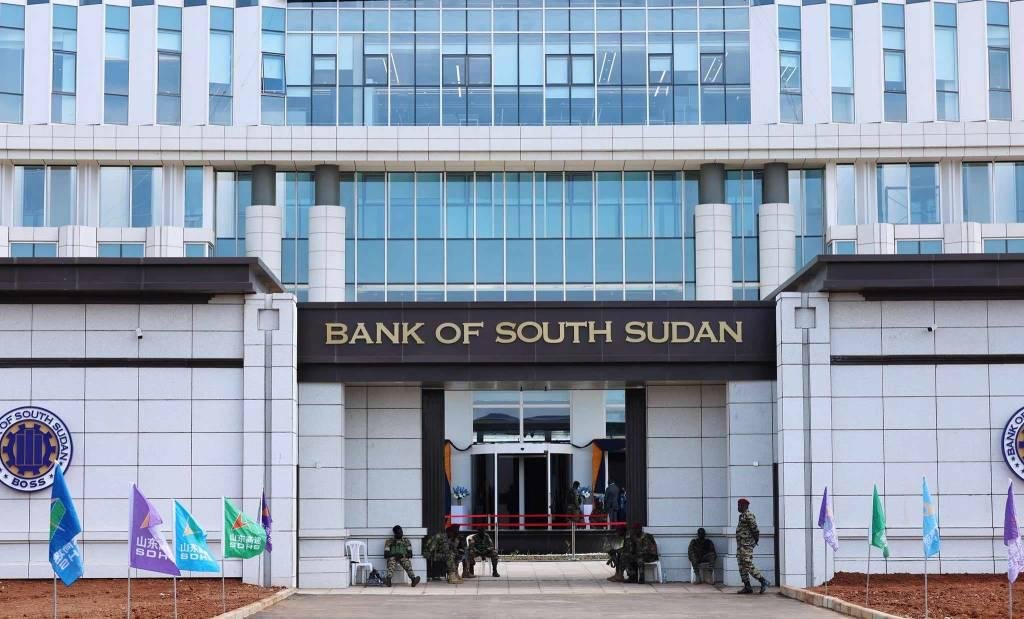The Bank of South Sudan (BoSS) has issued a new circular aimed at tackling currency hoarding, a practice it says is destabilizing the country’s economy.
Issued on Monday in a Circular No.3/2025, the directive which takes effect immediately, prohibits the accumulation of excessive foreign and local currency outside the formal banking system and sets a limit on the amount of cash individuals can hold.
The circular, signed by BoSS Governor Dr. Addis Ababa Othowon September 2, 2025, defines hoarding as the “deliberate accumulation, withholding, or storage of currency in excessive quantities outside the banking system with the intent of creating artificial scarcity, influencing exchange rates, or engaging in speculative trading.”
Furthermore, the central bank governor in his letter also prohibits the hoarding of essential goods like gold and other precious metals.
The bank is now calling on citizens and businesses to deposit their money into bank accounts. And the circular sets a maximum limit of $10,000 U.S dollars or its equivalent in South Sudanese Pounds (SSP) that an individual can possess in cash.
Any amount above this threshold must be deposited in a bank.
Purpose and Penalties
According to the central bank, the new measure is designed to curb speculative practices, support the local currency –SSP, control inflation, and ensure the efficient circulation of currency within the economy.
Consequently the circular applies to all licensed financial institutions, including currency exchange agents, as well as individuals involved in currency or commodity trade.
BoSS warned that non-compliance with the new directive will result in severe penalties.
These include: Seizure and forfeitureof hoarded currency and assets, Fines imposed by the Bank of South Sudan, Suspension or revocation of licenses for financial institutions, freezing of accounts associated with hoarding activities and Criminal prosecution, which may lead to imprisonment.
Enforcement and Public Responsibility
The central bank stated that it will collaborate with security organs and other government authorities to enforce the new rules.
This will involve conducting spot checks, audits, and regular market surveillance.
Additionally the central bank also plans to publish sanctions against offenders as a deterrent.
The circular also calls on the public to take responsibility by refraining from engaging in hoarding practices and reporting any known cases to the central bank or law enforcement agencies.
The directive comes as part of the BoSS’s statutory mandate to maintain monetary and financial stability and protect the economic interests of the public.
It will remain in effect until it is reviewed, amended, or revoked.
